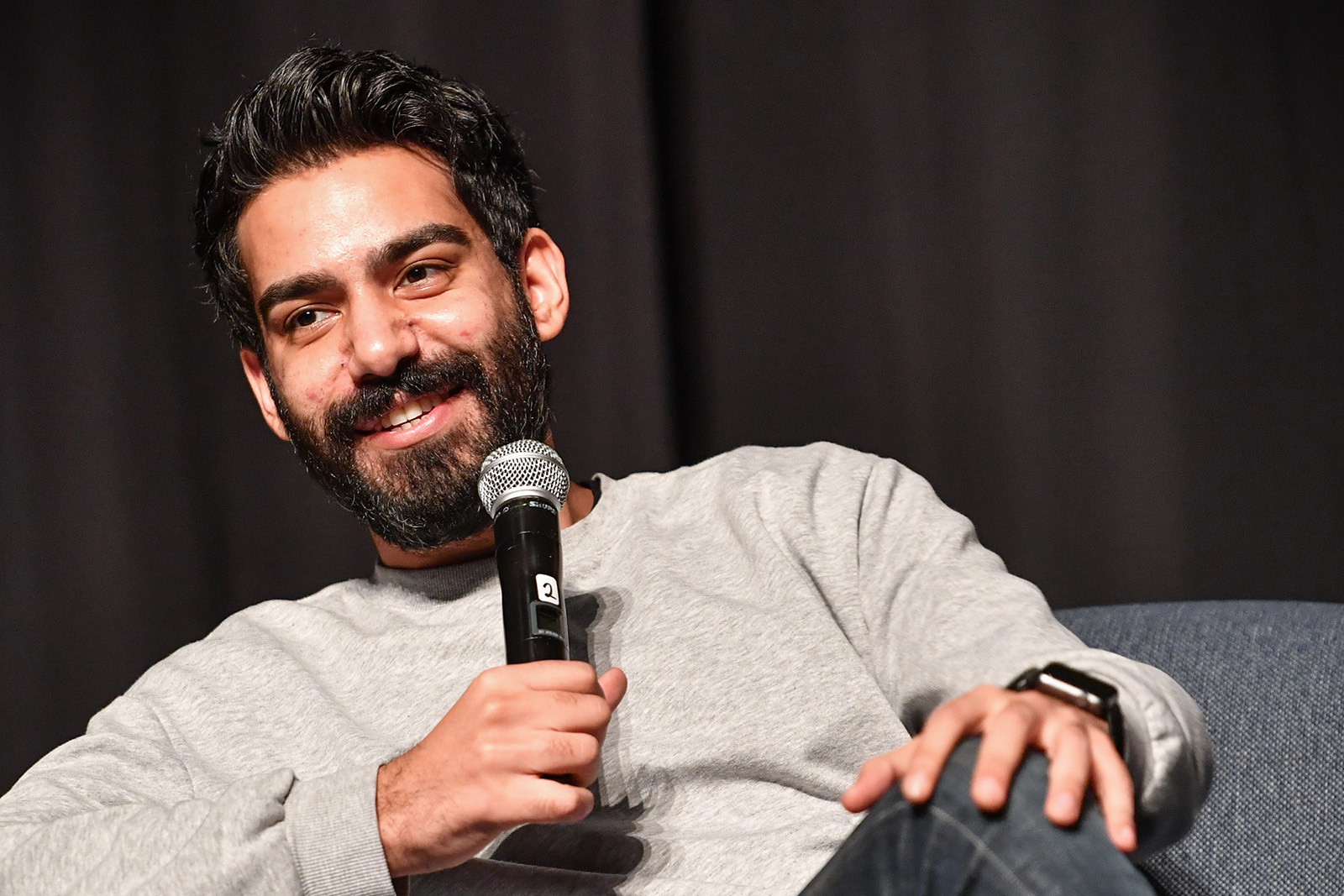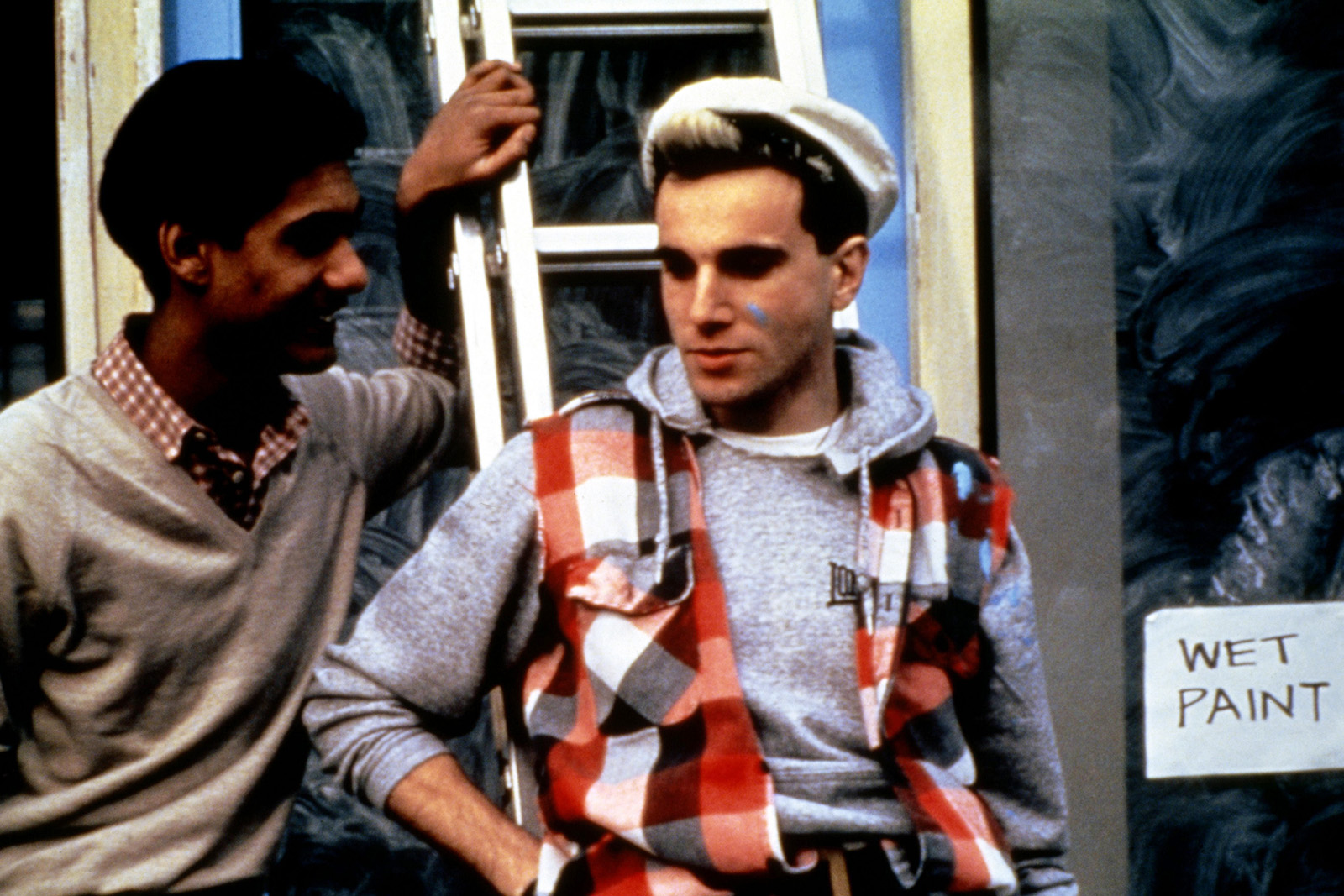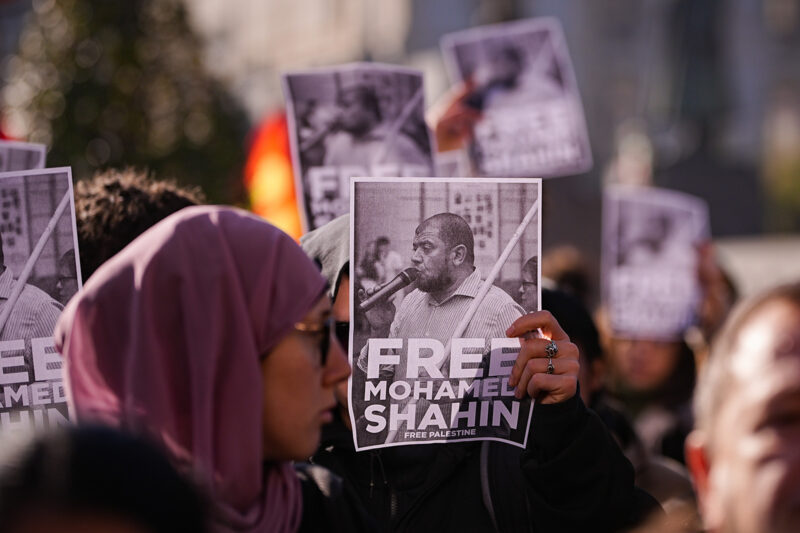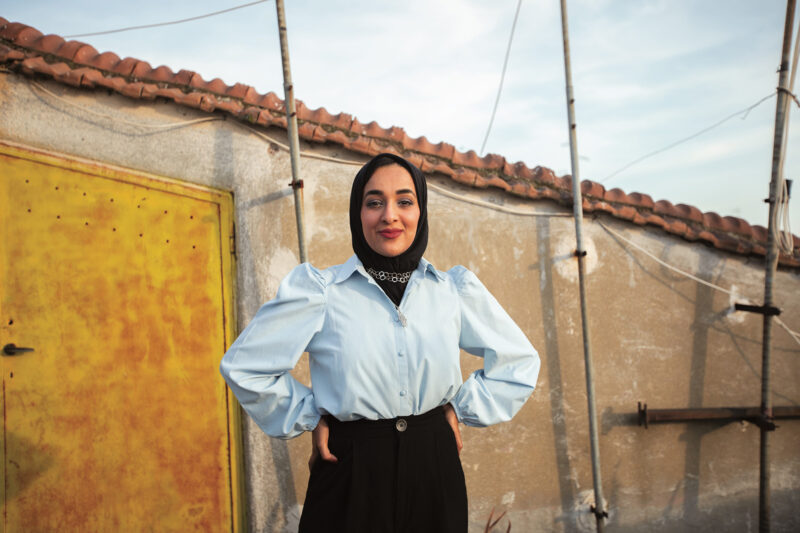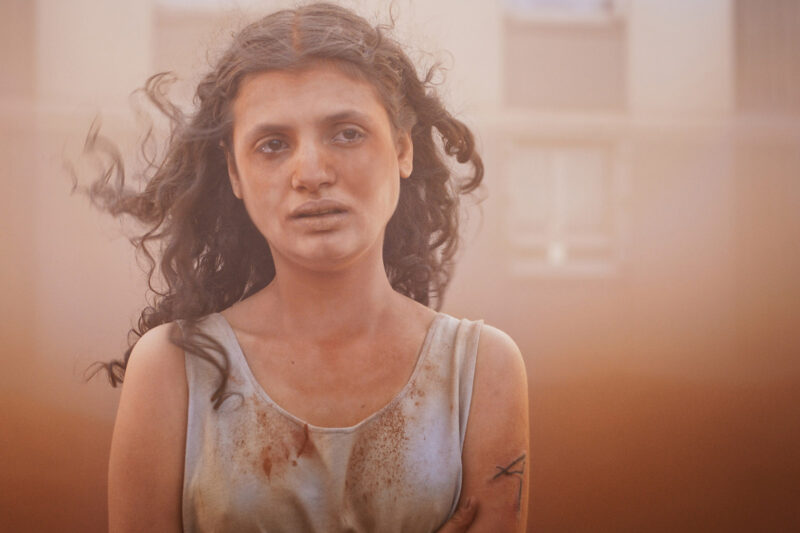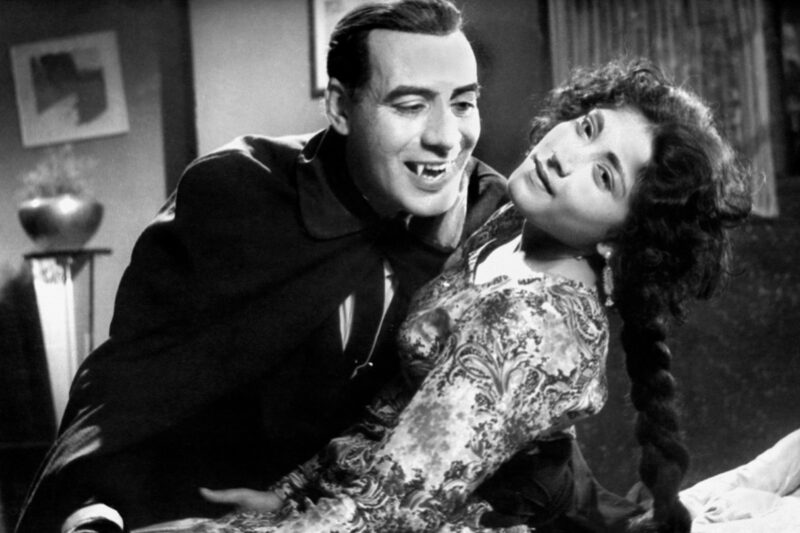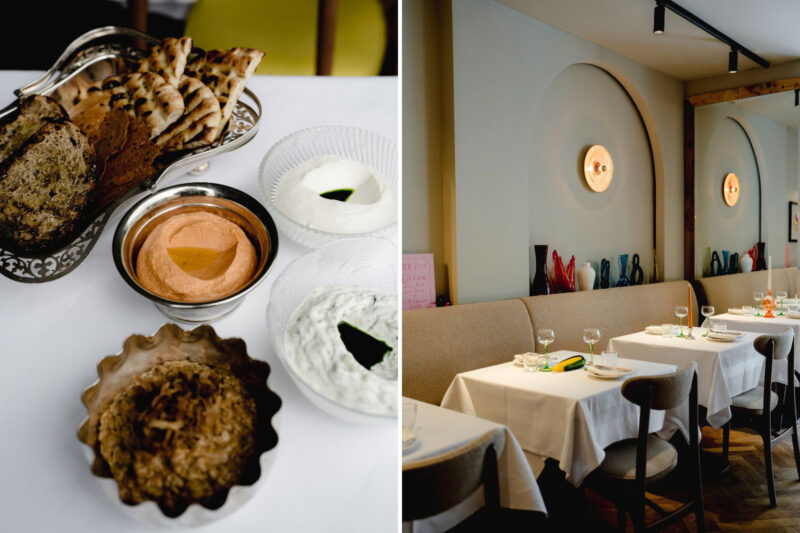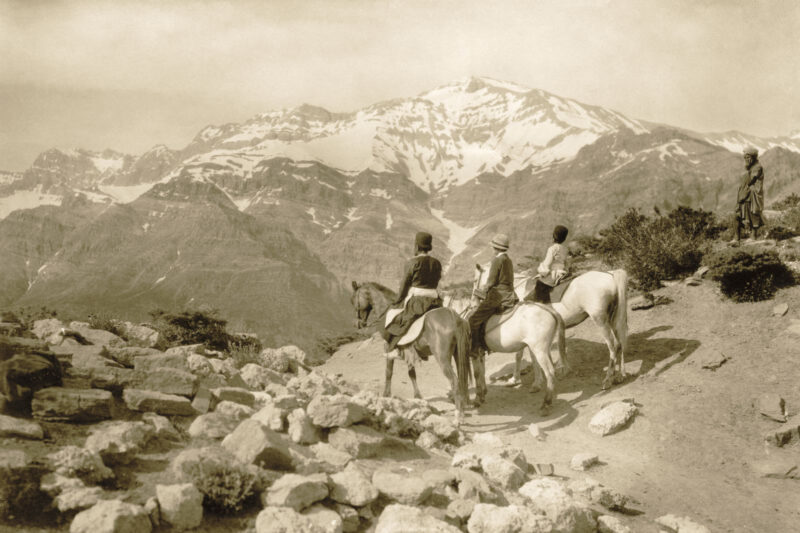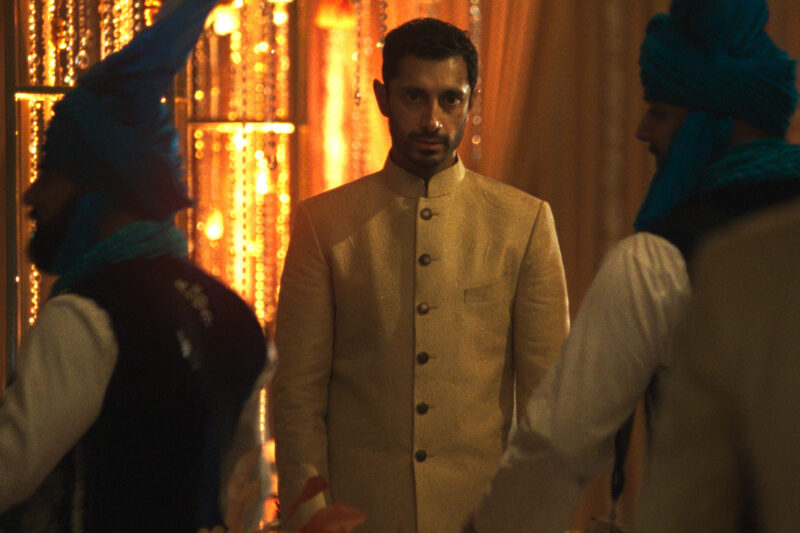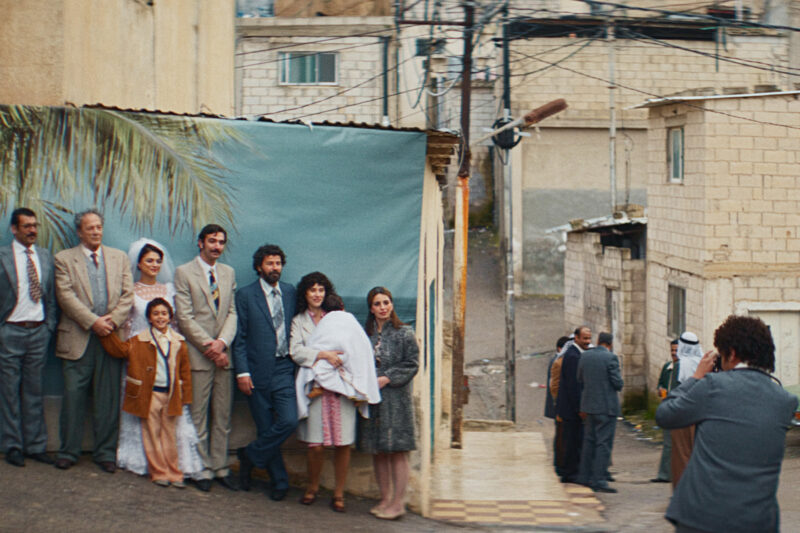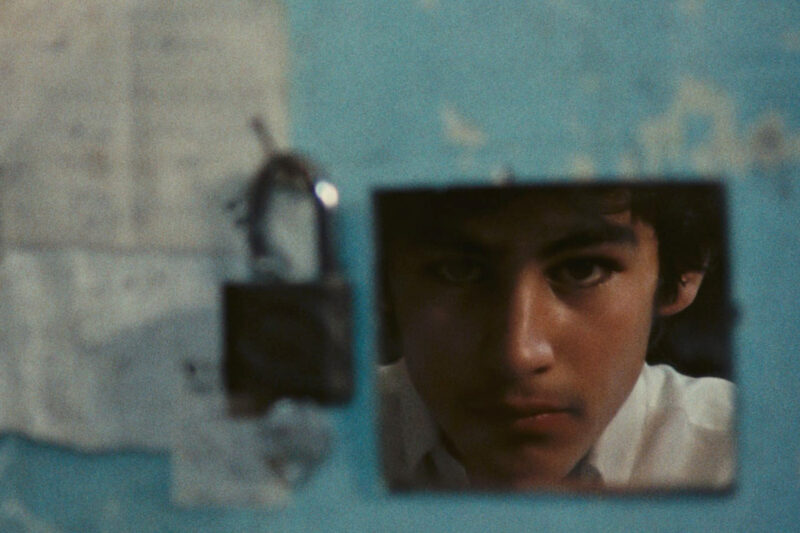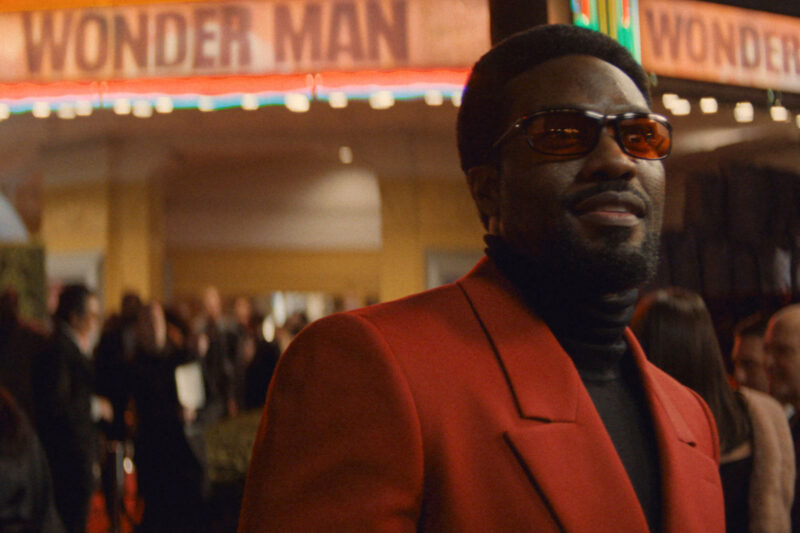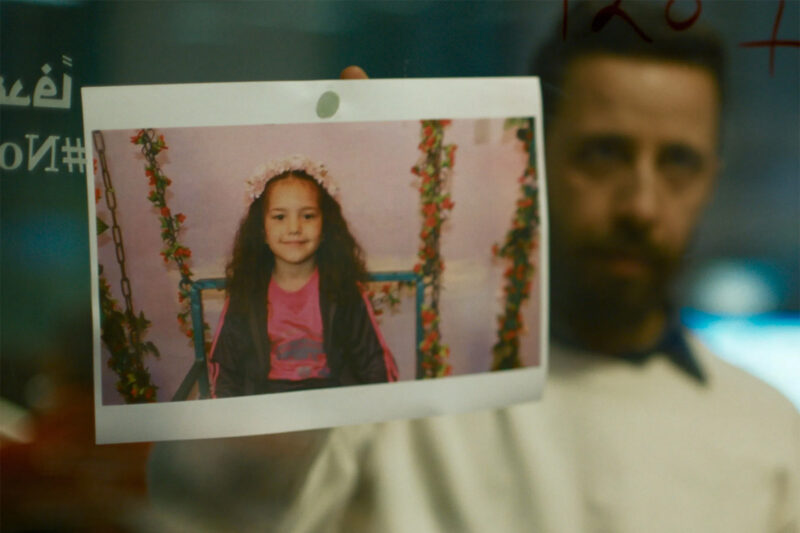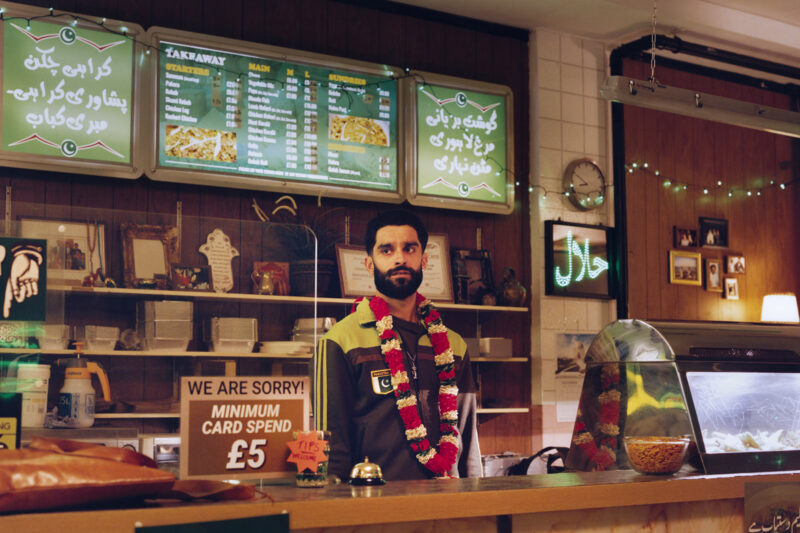Venice film festival: the movies that matter are those that refuse to look away
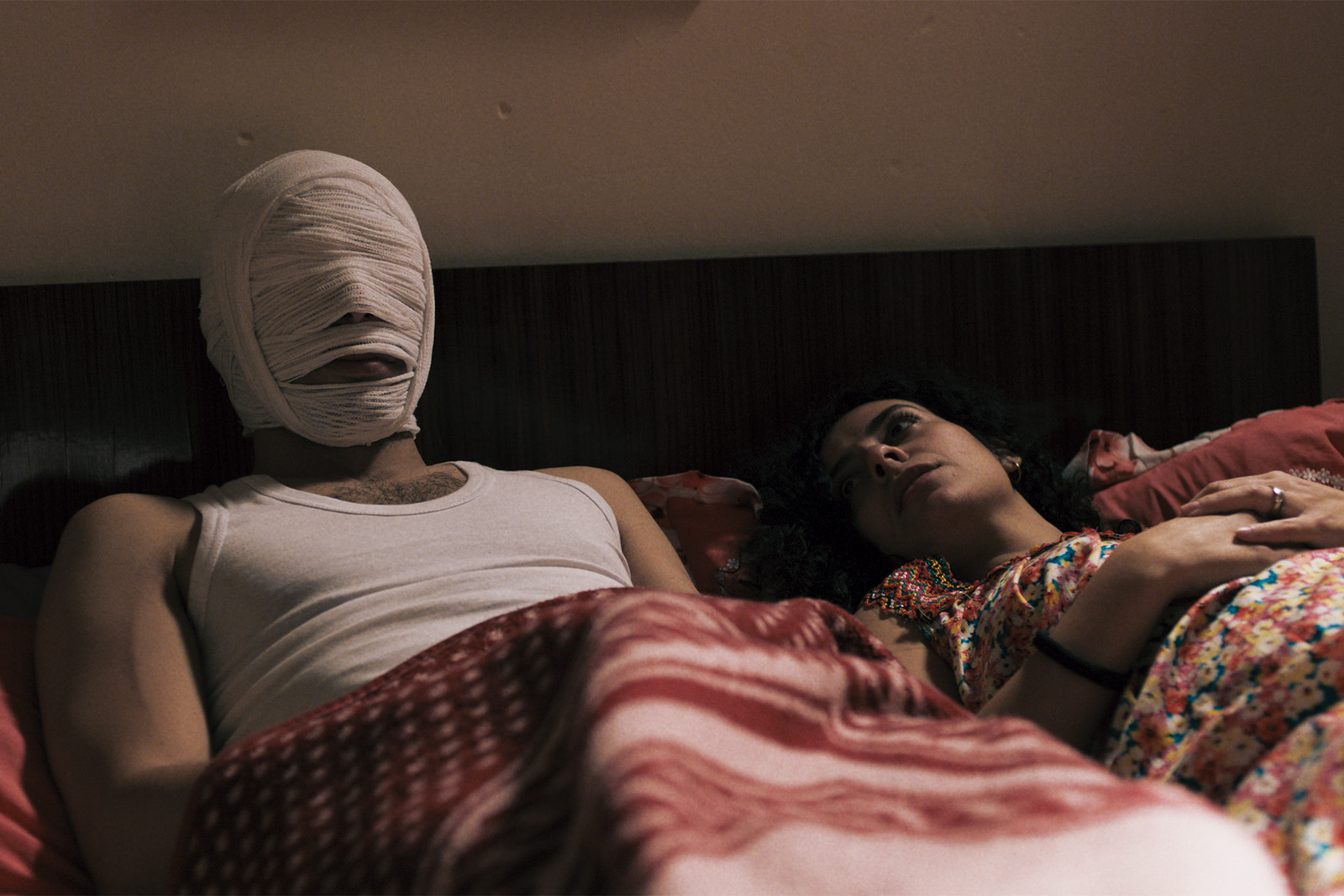
Our columnist picks the top films by Muslim directors at an event where cinema collides with politics
There are ghosts among the yachts, Aperol spritzes and designer gowns in Venice. Founded as a fascist vanity project for Italian dictator Benito Mussolini in 1932, the world’s oldest film festival has become an event where cinema collides with politics in ways that can feel combustible. At its best, Venice doesn’t just show films, it forces us to reckon with them.
This year, the ghosts felt closer than ever. The screenings were inseparable from the protests outside. Film-makers dedicated premieres to Palestine; there were red-carpet demonstrations and marches against genocide snaking across the city.
At times, the glamour felt grotesque against the backdrop of such suffering and, yet, when the right films are shown, the juxtaposition can also be electrifying. That’s what happened in 2025. Muslim film-makers in particular brought work that refused to flatter, distract or console. They offered stories that were as urgent as the news.
Three films stood apart, not simply because they were beautifully made, but because they demanded something from us.
The first was Roqia, a debut horror feature by director Yanis Koussim that trades jump scares for something altogether more unsettling. It drifts between 1992 and present-day Algeria, where memory itself is under siege. Ahmed, disfigured and amnesiac after a car crash, returns to a family he no longer recognises. His youngest child recoils from his bandaged face and shadowy figures whisper in languages that no one can place. Decades later, an ageing raqi, a Muslim exorcist, finds his Alzheimer’s disease worsening, slowly weakening his connection to God just as his city of Setif is torn apart by violence and inexplicable possessions.
Koussim builds a mood of creeping dread not with monsters, but with silence and the horror of forgetting. The film feels like a dark parable about what happens when memory — personal, communal, historical — is lost. It’s slow, hypnotic and at times unbearable, precisely because it asks the question: can you really claim to be the same person if you no longer remember your own life?
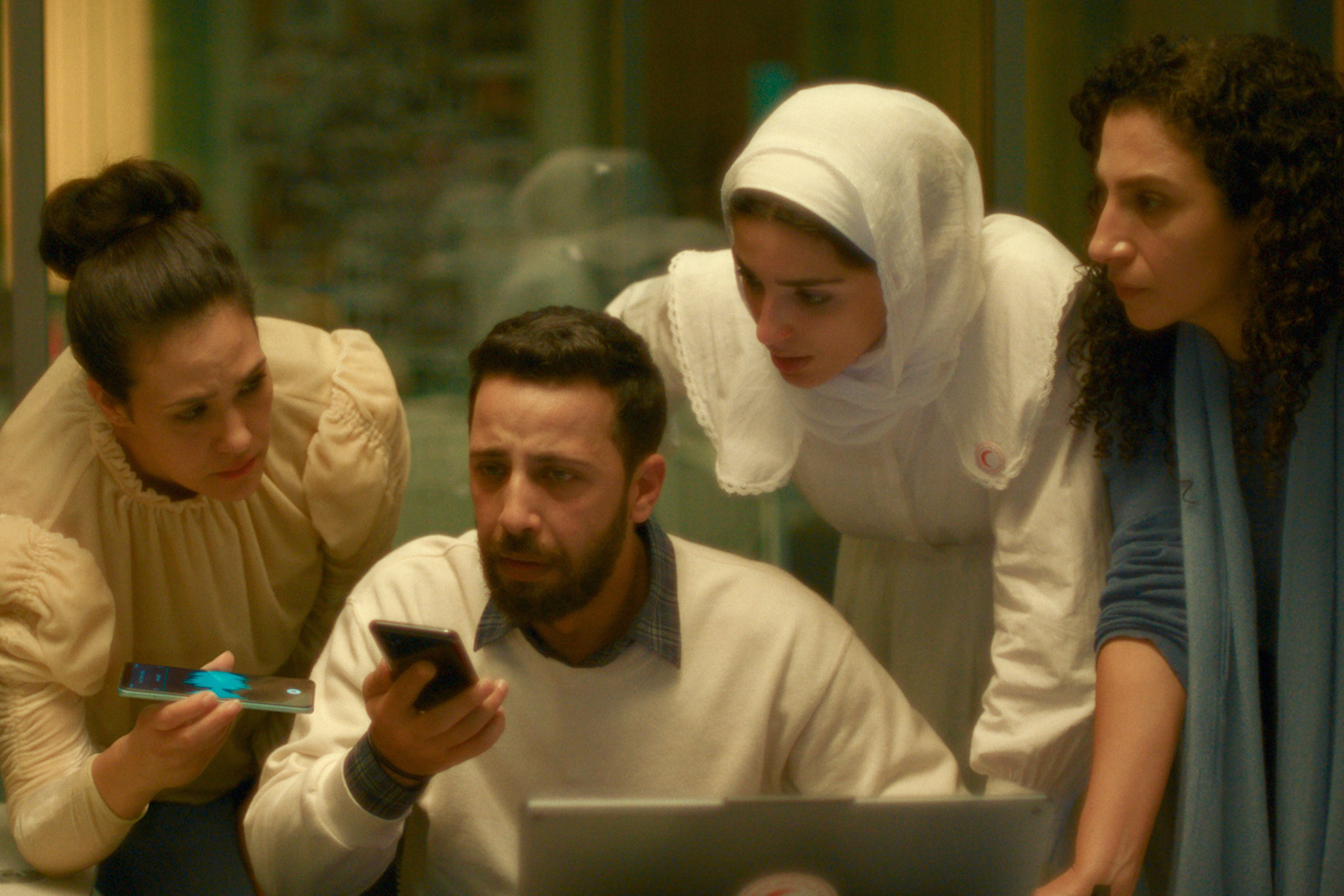
If Roqia chills, Kaouther Ben Hania’s The Voice of Hind Rajab devastates. The twice Oscar-nominated Tunisian director has always experimented with the porous line between fact and fiction, but here she ingeniously obliterates it. The film recounts the true story of Rajab, the young girl trapped in a bullet-ridden car in Gaza in early 2024, surrounded by her family’s dead bodies. Rajab stayed on the phone for hours with the Palestinian Red Crescent, begging for help. Those of us who recall the widely reported story know just how grim a conclusion lies ahead.
Ben Hania refuses to fictionalise Rajab’s life and experience into a neat package. She interlaces drama with real audio, photographs and testimony from Red Crescent workers. Joaquin Phoenix, Brad Pitt and Jonathan Glazer are among the producers, but their star power vanishes under the film’s weight. This is a howl into a void of complicity, not a celebrity-backed prestige project.
The Voice of Hind Rajab doesn’t allow you the distance of “watching a movie”. It implicates you. The experience is almost unbearable but, then, what right do we have to comfort? Some stories should hurt.
The third, Jihan Kikhia’s My Father and Qaddafi, is smaller in scale but equally searing. It traces the disappearance of her father, Mansur Rashid Kikhia, a Libyan politician and human rights advocate kidnapped in Cairo in 1993. For decades, his fate was unknown. Through family interviews, archival footage and her own narration, Kikhia reconstructs her father’s story and the history of a nation devoured by dictatorship.
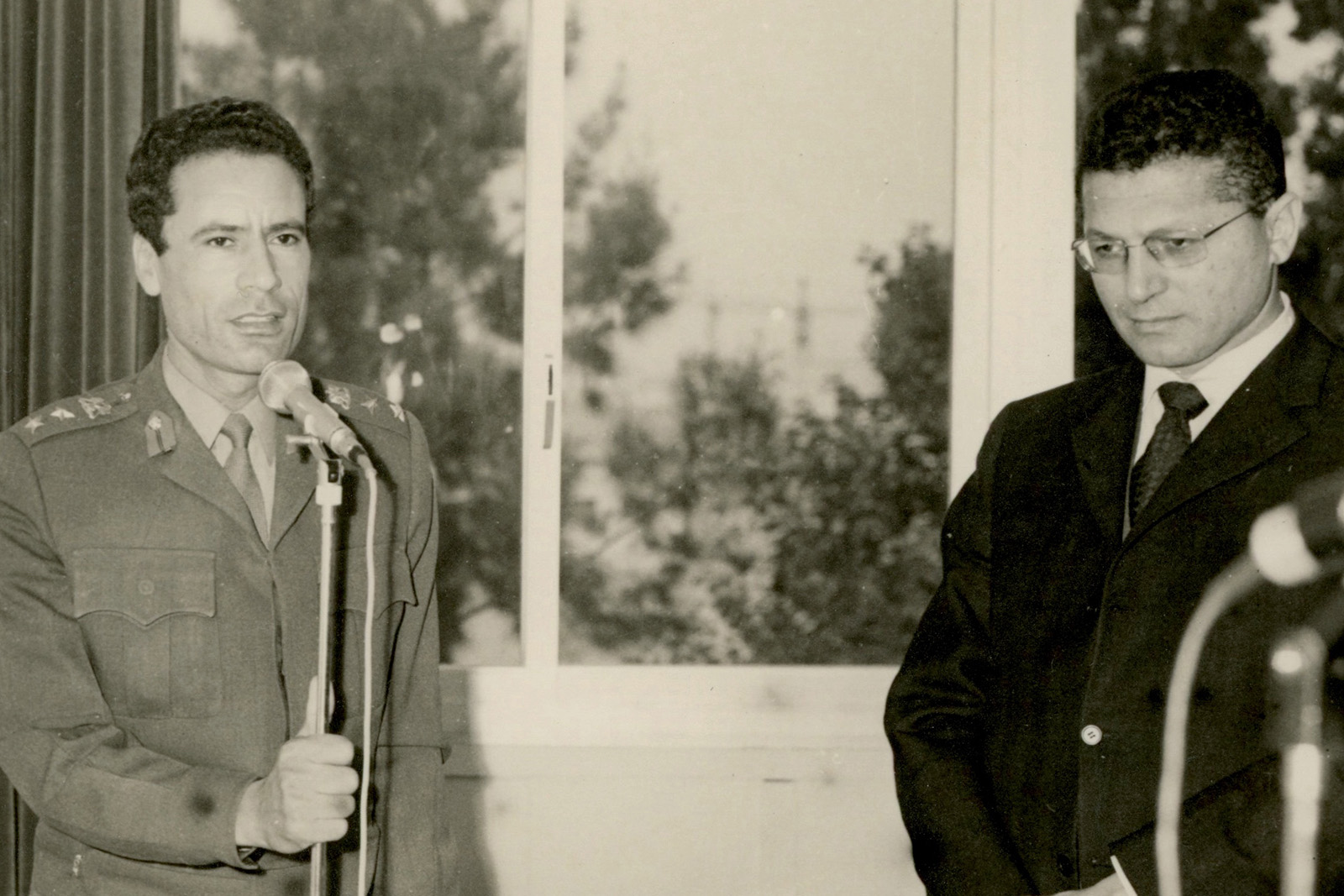
The documentary is both intimate and expansive. Her mother, unflinching in her pursuit of truth, becomes its enchanting hero. Kikhia turns film-making into resistance, insisting on dignity and nuance in the face of cruelty. When answers finally come, they are grotesque, but the director refuses to despair. Instead, she insists on the power of memory and the complex evolution of grief.
Put together, these three films do more than represent the Muslim experience. They point to what cinema can still be: an act of witness, a repository of memory, a demand for justice. They span horrors both real and imagined, but each insists that forgetting is a kind of violence.
Watching them while protesters chanted outside made it impossible to pretend cinema is neutral, or accept jury president Alexander Payne’s stance of us being there to talk about movies.
These weren’t films to “enjoy”. They were stories to endure, wrestle with and carry. They reminded us that the red carpet is only ever a stage, and sometimes the most radical act is to use it not for spectacle, but for solidarity.
At Venice 2025, the cinema that mattered most was the cinema that refused to look away.
 Newsletter
Newsletter


